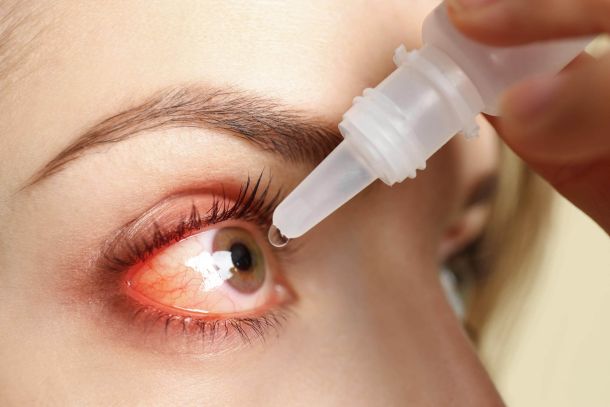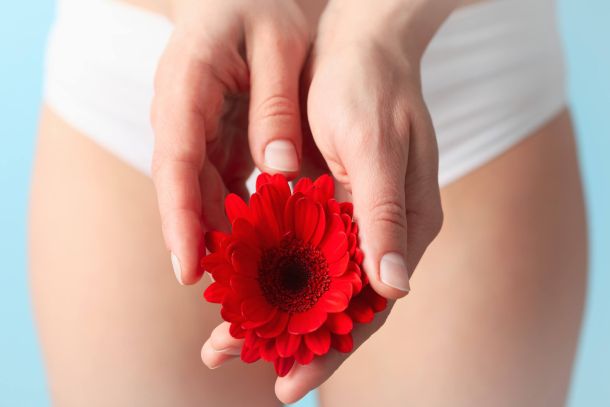Facial allergies: causes, symptoms and treatment
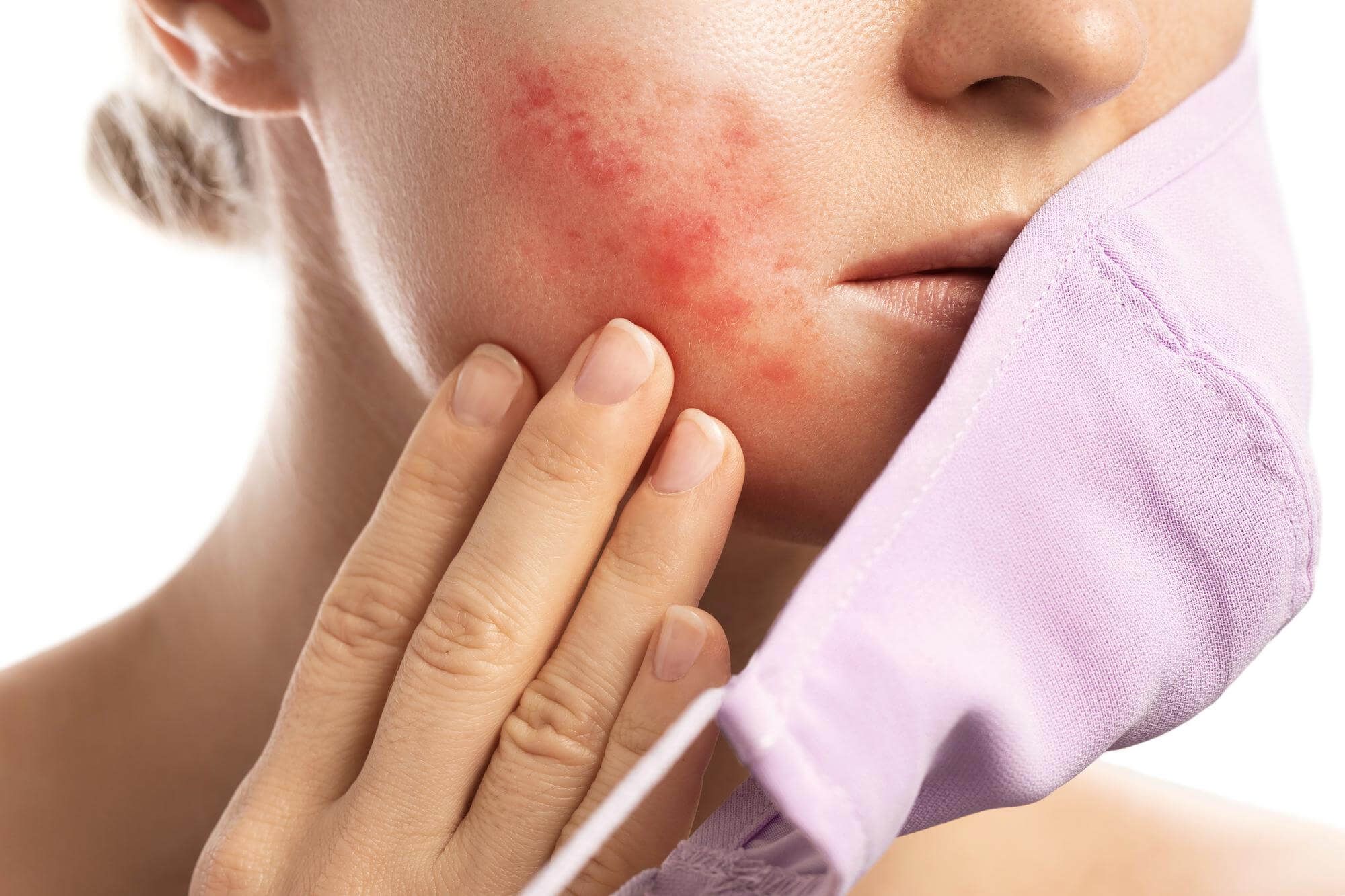

Viktor Levchenko
Facial allergies are a common problem that can sometimes cause a lot of anxiety and discomfort. In this article, we will look at the main causes, symptoms, methods of diagnosis and treatment of facial allergies.
What are facial allergies
Facial allergy is an allergic reaction, which appears in the form of red spots, rashes and swelling on the skin of the face. It can be caused by various factors, such as contact with allergens, eating food or using cosmetics containing allergens.
Symptoms of facial allergies
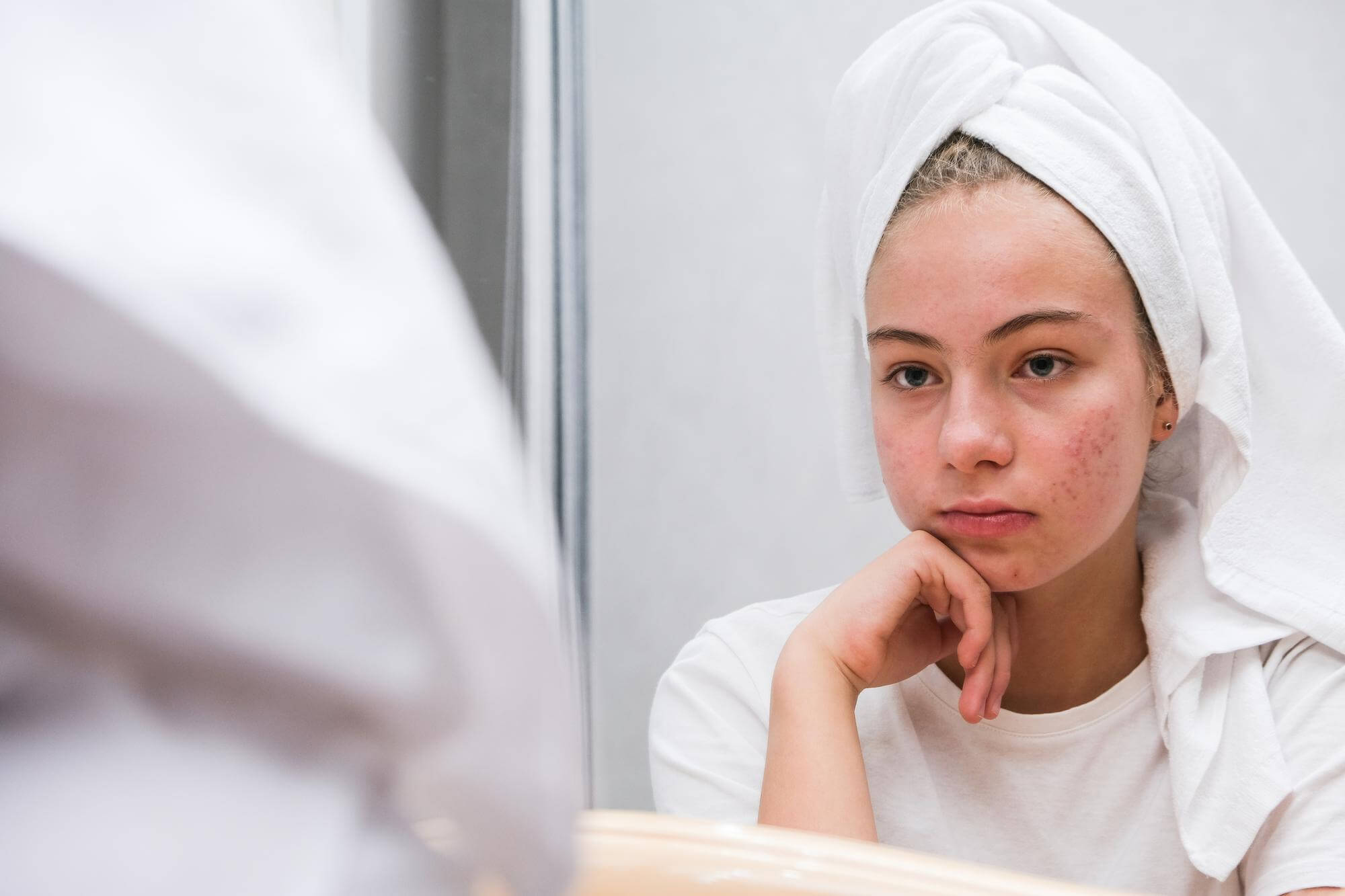
- One of the main symptoms of facial allergies is redness of the skin, which may be accompanied by itching. The itching, in turn, can cause additional skin irritation and inflammation.
- Allergic rashes on the face often appear as rashes and pimples. These rashes can have varying degrees of severity, up to the formation of ulcers and crusts.
- In some cases, allergies on the face may be accompanied by swelling and itching in the eye area. This may be caused by direct contact with the allergen or by exposure to the allergen on the mucous membrane of the eyes.
- Long-term exposure of the facial skin to allergens can lead to peeling and cracking. This can cause discomfort and worsen the cosmetic condition of the skin.
Prevalent causes of facial allergies
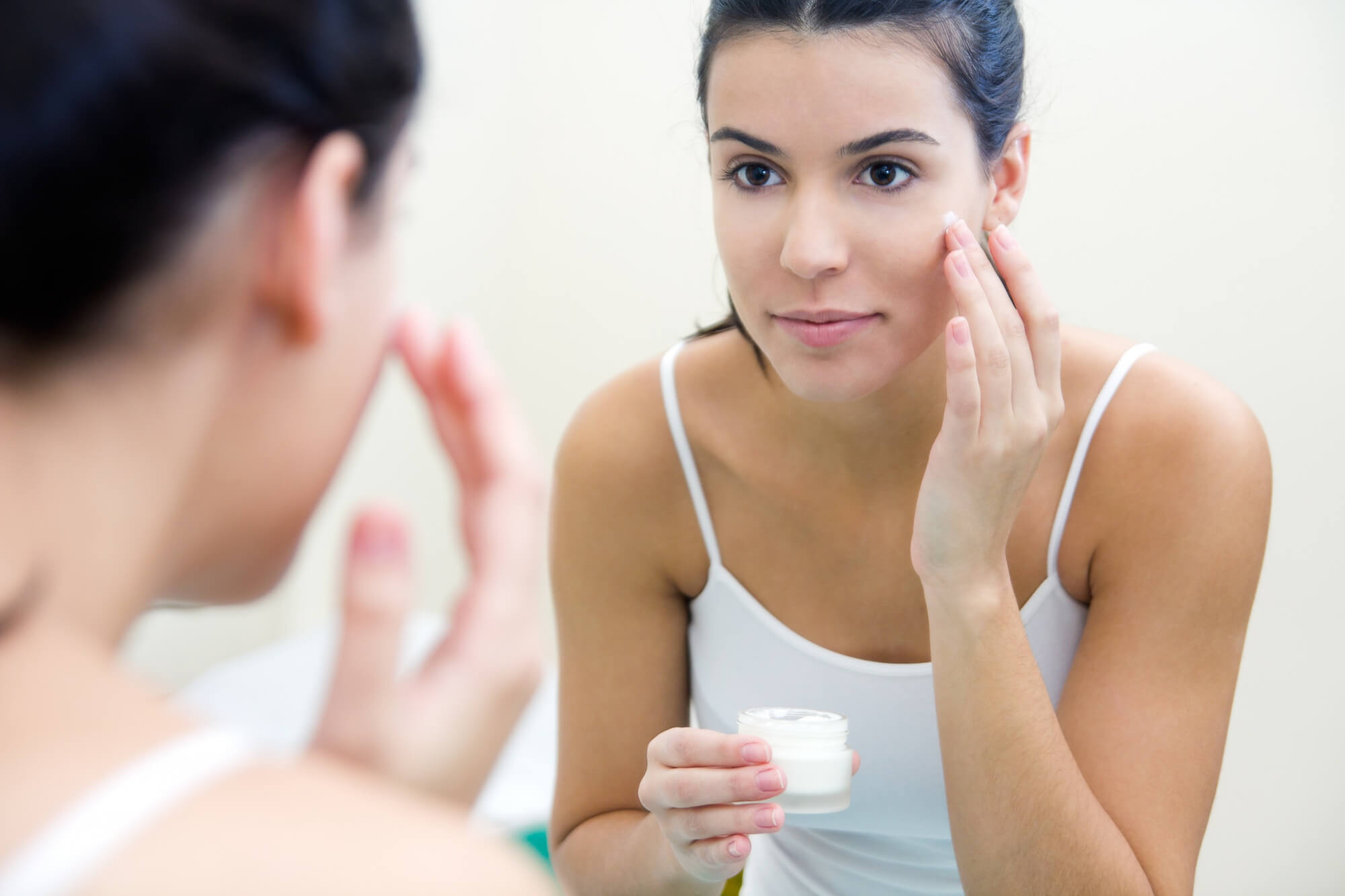
Cosmetics and skin care
One of the main causes of facial allergies is the use of cosmetics that contain allergens. Components that cause allergic reactions can be found in creams, masks, tonics and other skin care products.
Cross-allergies occur when the body reacts to substances that are structurally similar to the allergens. For example, if a person is allergic to a certain substance in cosmetics, they may experience an allergic reaction to other products that contain similar components.
Food allergies
Food allergies can also cause allergic facial acne and other symptoms. In such cases, allergies occur after eating certain foods that contain allergens, such as milk, eggs, nuts, etc.
Allergies to pollen and other aeroallergens
Some people are hypersensitive to plant pollen or other aeroallergens such as dust, animal epithelials and mold. Inhalation of such substances can cause allergic reactions on the face, especially during plant blooms.
Contact allergies
Some people are allergic to nickel, which can be found in jewelry, glasses, and other items that come in contact with facial skin. This results in red spots, itching and skin rashes.
Rubber allergies can also cause contact allergies on the face. Substances that cause an allergic reaction can be found in masks, rubber gloves, and other items that come in contact with facial skin.
Diagnosing facial allergies

If you have symptoms of facial allergy, you should see an allergist for consultation and diagnosis. The doctor will examine you, take your medical history, and prescribe the necessary tests.
- Skin tests are one of the main methods of diagnosing allergies. They allow you to determine what allergens your body is reacting to and make a treatment plan.
- In some cases, the doctor may prescribe blood tests for antibodies to determine the presence of allergies to certain allergens and assess the degree of sensitivity to them.
Treatment of facial allergies
Treating facial allergies begins with eliminating the cause of the allergic reaction. This may include avoiding the use of cosmetics containing allergens, eliminating allergenic foods from the diet, and avoiding contact with allergens.
Application of antihistamines

Antihistamine tablets such as loratadine, cetirizine and fexofenadine help reduce allergy symptoms on the face by relieving itching, redness and swelling.
Antihistamine creams and ointments, such as phenistyl, can be applied directly to the affected skin to relieve itching and redness.
Hormonal medications
In some cases of severe facial allergies, your doctor may prescribe hormonal medications such as hydrocortisone or prednisolone. They help to reduce inflammation and allergy symptoms. However, their use should be strictly controlled and short-term, as they can cause side effects.
Use of immunomodulators
Immunomodulators, such as cyclosporine or azathioprine, can be used to correct the immune system in patients with chronic allergic diseases. They help reduce the frequency and intensity of allergic reactions in the face and other areas.
Physiotherapy and special procedures
In addition to medication, physiotherapy procedures such as ultraviolet light therapy, magnetic therapy or laser therapy may be recommended by your doctor to improve your skin condition and reduce your allergic symptoms.
Preventing facial allergies

Preventing facial allergies requires avoiding contact with allergens, choosing hypoallergenic cosmetics, practicing good hygiene and taking care of your health. Regular visits to an allergist and following his recommendations will also help prevent the development of facial allergies.
In conclusion, facial allergies can manifest themselves in different forms, and their causes can be different. If you encounter allergy symptoms, see an allergist for diagnosis and treatment. Following preventive measures and proper treatment can help you get rid of facial allergies and restore a healthy and beautiful appearance to your skin.
Related Materials
New materials
Popular Articles
We recommend reading
Contact us in the Contact Us section to ask questions, offer ideas, or for more information about our allergy resource.
Our articles are your trusted source of allergy knowledge. Learn how to make life with allergic reactions easier on our specialized portal.
©
Lechenie-Allergii.com. All rights reserved.
© Lechenie-Allergii.com. All rights reserved.
The information on this site is for informational purposes only and is not a substitute for professional medical advice. We recommend consulting with qualified medical professionals for accurate information and advice.
 English
English  Українська
Українська  Русский
Русский 








